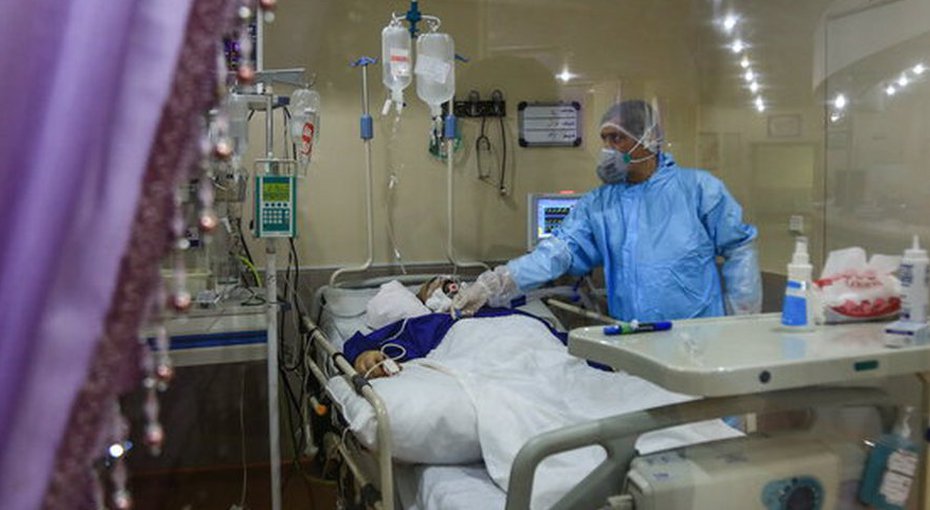A consultant clinical Microbiologist, Prof. Folasade Ogunsola, says medicine is changing at an unprecedented pace with patient management requiring coordinated care and teamwork.
Ogunsola, who works at the College of Medicine, University of Lagos, Idi-Araba, made the assertion on Friday during the Nigerian Medical Association (NMA) Lagos Leadership Retreat.
The programme was themed: “The 21st Century Medical and Dental Practitioners: Leadership, Opportunities and Threats.”
Ogunsola said the role of physicians would change over the coming decade, driven by how patients, knowledge, workforce and technology evolved globally.
According to her, patients’ expectations of care from the providers is increasing and moving toward personalised care.
She noted that professionals had to integrate the explosive growth of knowledge and technologies, while grappling with expanding functions.
Ogunsola noted that a Lancet Commission Report showed that by the beginning of the 21st century, huge gaps and inequities in health could be noticed.
She said the report identified gaps of weak leadership to improve health system performance.
The professor listed the drivers of change to health system as epidemiological and demographic transitions, technological innovation, professional differentiation and population demands.
According to her, the epidemiological and demographic transitions of having one guideline for diseases is changing.
“At 30, people are having diabetes, glaucoma; and patients are expecting personalised care and more precision in their treatment,” she said.
Ogunsola stressed that the traditional doctor-patient relationship was changing, with patients becoming more enlightened, assertive, and having greater expectations of care, respect and dignity.
She said technology was impacting and empowering patients, adding that physicians should expect decision making to be shared and personalised care a norm.
“Leadership style in the 21st century must be participatory, based on influence and mutual respect.
“The problem that a lot of doctors have with their patients is that they are not communicating enough.
“Let’s remember that every patient is a human being with dignity and that we are meeting them at their worst,” she said.
Ogunsola maintained that the relevance of a doctor would be premised on its soft skills, competency and impact, stressing the need to rebuild trust in the population.
Ogunsola advised that the tendency of the various medical professionals to work in isolation or competition with each other should stop toward promoting patient care and development of the health sector.
Dr. Tanko Sununu, Chairman, House of Representatives Committee on Healthcare Services, said unfulfilled promises and unrelinquishing of power was a leadership bane in Nigeria and Africa.
Sununu spoke on the sub-theme: “Doctors in Politics: Panacea for Nigerian Health Sector Development.”
He called for involvement of doctors in politics to influence policies that would enhance the development of medical profession.
According to him, to have a health sector that is developed, essential services must be rendered to all.
Sununu called for an increase in budgetary allocation to the health sector toward enhancing its growth and operation.
Commenting, Dr. Adetunji Adenekan, Chairman, Lagos NMA, said that the retreat was essential to ensure the capacity building of medical professionals to meet with the emerging challenges of a dynamic world. (NAN)










